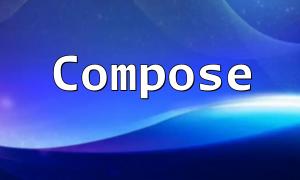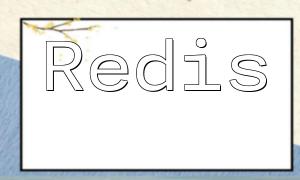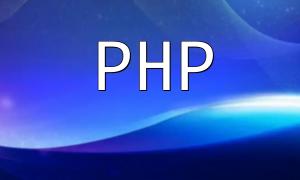In PHP development, third-party library files are often used to enhance the functionality and efficiency of a project. However, library files can encounter errors, which may disrupt the normal operation of the project. This article discusses how to effectively handle these library file errors and generate relevant error messages, helping developers quickly diagnose and resolve issues.
When using third-party PHP libraries, you may encounter several types of errors. Here are some common errors and their solutions:
Some library files depend on other files, and if a required dependency is missing, it can lead to errors. The solution is to check the library's documentation, identify the required dependencies, and include them correctly in the project.
Some library files are only compatible with specific PHP versions or operating systems. If the current PHP version is incompatible with the library file, errors may occur. The solution is to check the required PHP version or operating system and upgrade or change them as needed.
Some library files need specific configuration settings to work properly. If these configurations are incorrect, errors will occur. By consulting the documentation, you can ensure that the configuration parameters and their acceptable values are set correctly, avoiding errors.
Library files may need to read or write to certain files or directories. If file permissions are not set correctly, errors will occur. Ensure that the necessary files or directories have the appropriate permissions set to resolve this issue.
Some library files depend on specific PHP extensions. If these extensions are not installed or properly configured, errors may arise. To resolve this, check that the necessary PHP extensions are installed and correctly configured. You can check the status of PHP extensions using the phpinfo() function.
When a library file encounters an error, generating detailed error messages helps with quick diagnosis and resolution. Below are several common methods for generating error messages:
PHP's error handling functions allow you to capture and manage library file errors. For example, you can use a try-catch block to capture exceptions and output relevant error information:
try { // Call library function} catch (Exception $e) { echo "Error message: " . $e->getMessage(); // Additional handling actions}You can enable PHP error reporting using the error_reporting function, which helps developers detect issues in the code:
error_reporting(E_ALL);Some libraries provide their own error handling functions. You can refer to the library documentation and use the relevant method to generate error messages. Here is an example:
// Call library functionif (an error occurs) { echo "Error message: " . errorMessage; // Additional handling actions}It is inevitable that PHP library file errors will occur, but by employing proper error handling methods and generating relevant error messages, developers can efficiently diagnose and resolve issues. We hope the solutions provided in this article will help you improve your ability to handle PHP library file errors.









